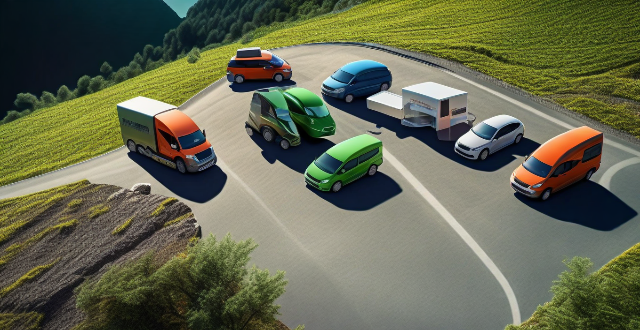Hub motors, known for their compact design, high efficiency, and low maintenance needs, have become increasingly popular in electric vehicles. However, their suitability for off-road vehicles is a topic of debate due to several challenges. These include waterproofing concerns, potential issues with ground clearance and power output. While hub motors offer advantages such as space-saving design and direct drive power, they must be properly sealed and designed with effective cooling systems to prevent damage from harsh environments. Additionally, the addition of hub motors can reduce ground clearance, making it more difficult for off-road vehicles to navigate rough terrain. In conclusion, whether hub motors are suitable for an off-road vehicle depends on the specific needs and requirements of the application.

Are Hub Motors Suitable for Off-Road Vehicles?
Introduction
Hub motors are a type of electric motor that is integrated into the wheel hub of a vehicle. They have become increasingly popular in electric vehicles due to their compact size, high efficiency, and low maintenance requirements. However, when it comes to off-road vehicles, there are several factors to consider before deciding if hub motors are suitable.
Advantages of Hub Motors
Compact Design
- Space-saving: Hub motors take up less space than traditional motors, allowing for more flexibility in vehicle design.
- Weight distribution: By integrating the motor into the wheel hub, weight is distributed evenly across the vehicle, improving stability and handling.
High Efficiency
- Direct drive: Hub motors provide direct drive power to the wheels, reducing energy loss associated with traditional drivetrain components like gearboxes and differentials.
- Regenerative braking: Many hub motors include regenerative braking capabilities, which can help extend battery life by recovering energy during deceleration.
Low Maintenance
- Fewer moving parts: Since the motor is integrated into the wheel hub, there are fewer moving parts that require regular maintenance.
- No lubrication needed: Hub motors do not require oil or grease, reducing the risk of leaks and contamination.
Challenges for Off-Road Vehicles
Waterproofing
- Exposure to mud and water: Off-road vehicles are often exposed to harsh environments, including deep water and thick mud. Hub motors must be properly sealed to prevent damage from these elements.
- Cooling issues: Since hub motors generate heat during operation, they must be designed with effective cooling systems to prevent overheating in extreme conditions.
Ground Clearance
- Limited ground clearance: The addition of hub motors can reduce ground clearance, making it more difficult for off-road vehicles to navigate rough terrain.
- Potential damage: Insufficient ground clearance can result in damage to the hub motor or other undercarriage components when driving over large obstacles or steep inclines.
Power Output
- Torque requirements: Off-road vehicles often require significant torque to overcome obstacles and maintain traction on loose surfaces. Hub motors must be designed to provide sufficient torque for these demands.
- Peak power: While hub motors can offer high peak power outputs, they may struggle to maintain consistent performance at high speeds or under heavy loads. This can limit their effectiveness in certain off-road situations.
Conclusion
Hub motors offer several advantages that make them attractive for use in off-road vehicles, such as their compact design, high efficiency, and low maintenance requirements. However, there are also challenges to consider, including waterproofing concerns, potential issues with ground clearance and power output. Ultimately, whether hub motors are suitable for an off-road vehicle depends on the specific needs and requirements of the application.